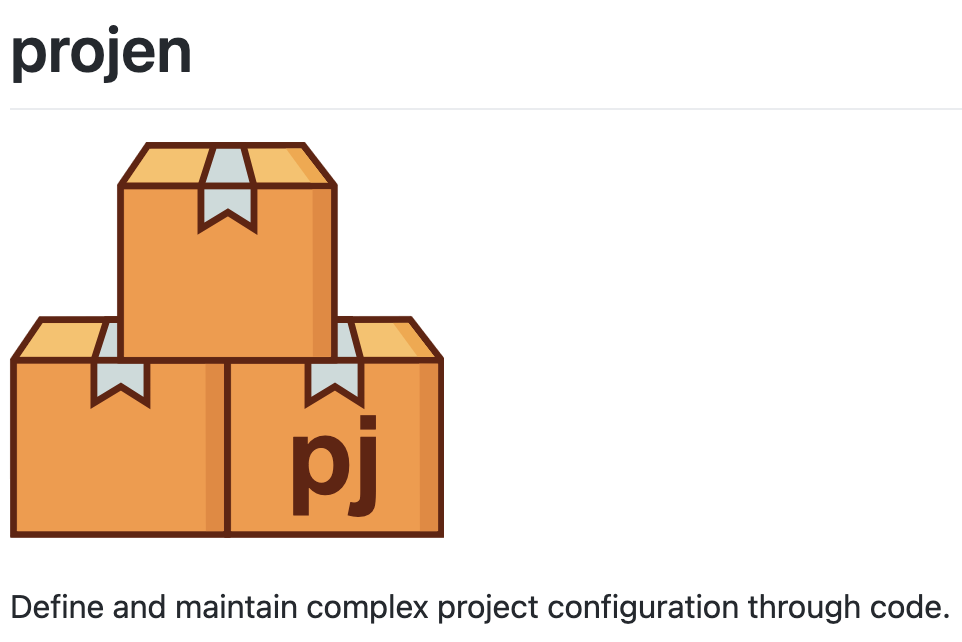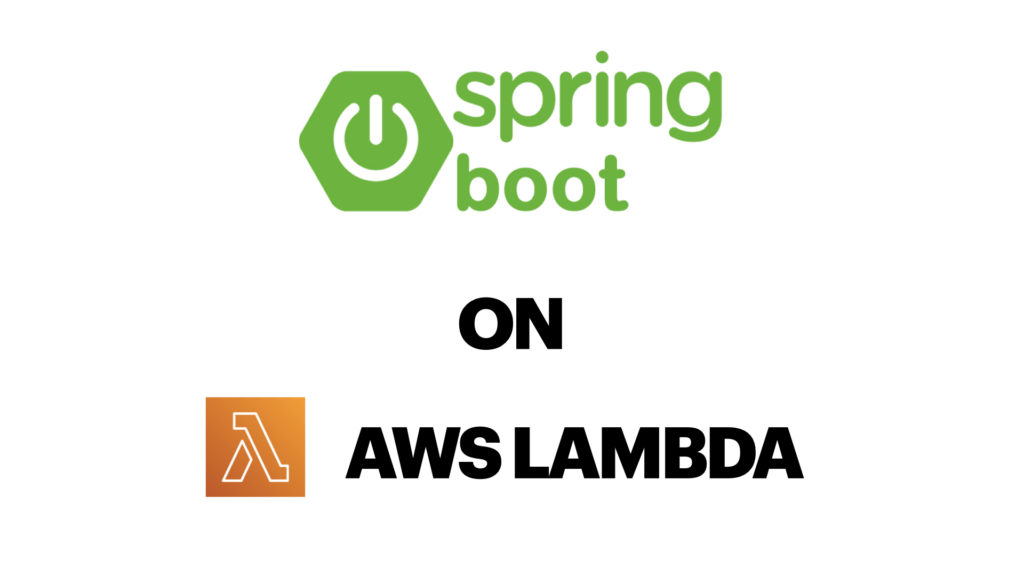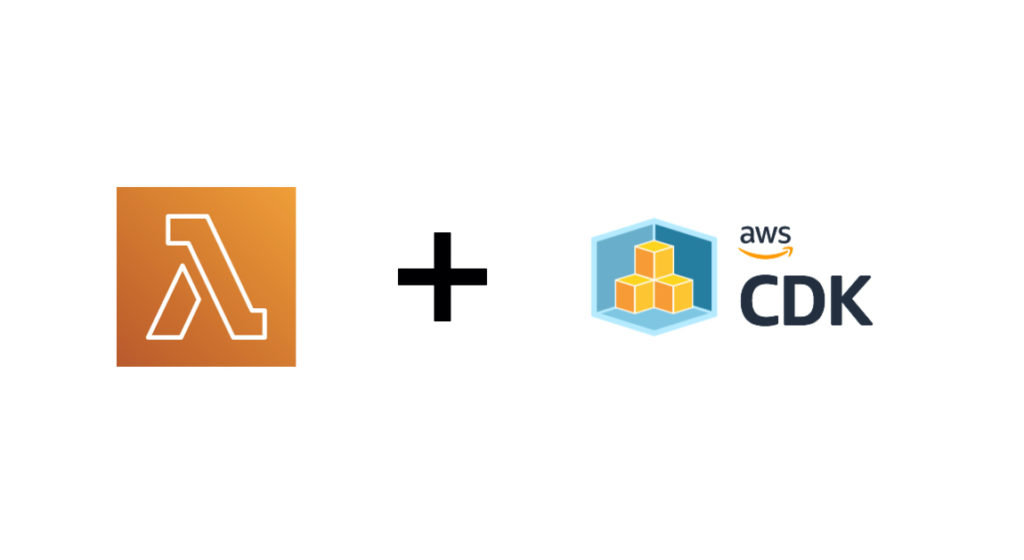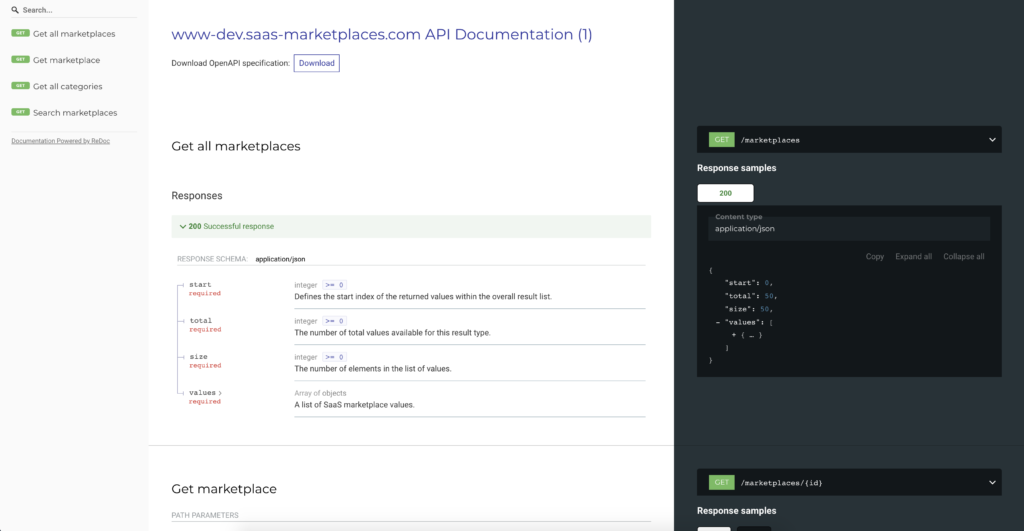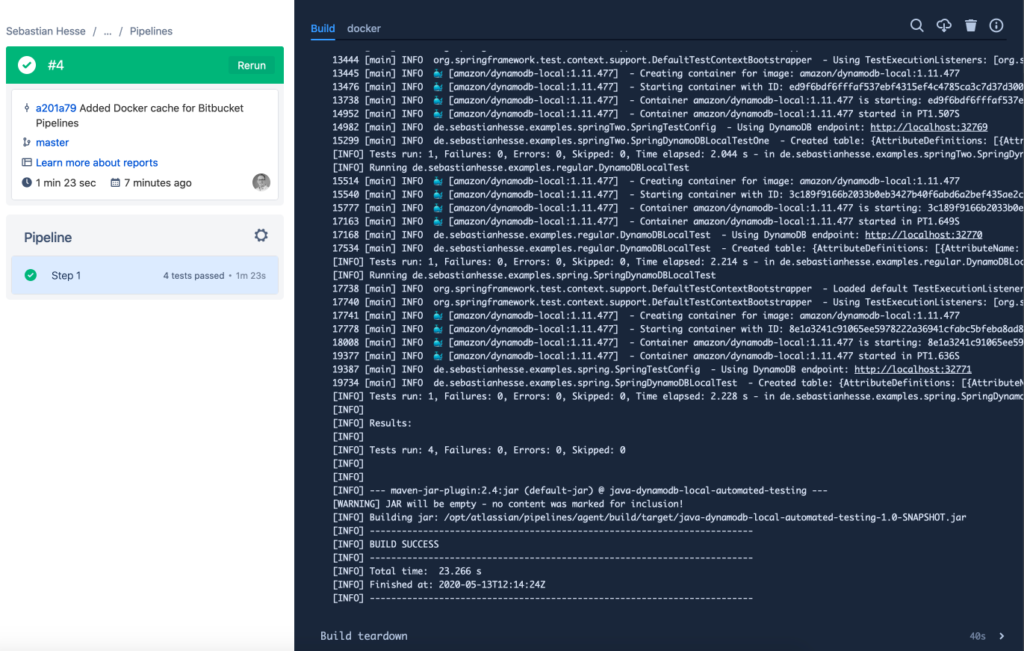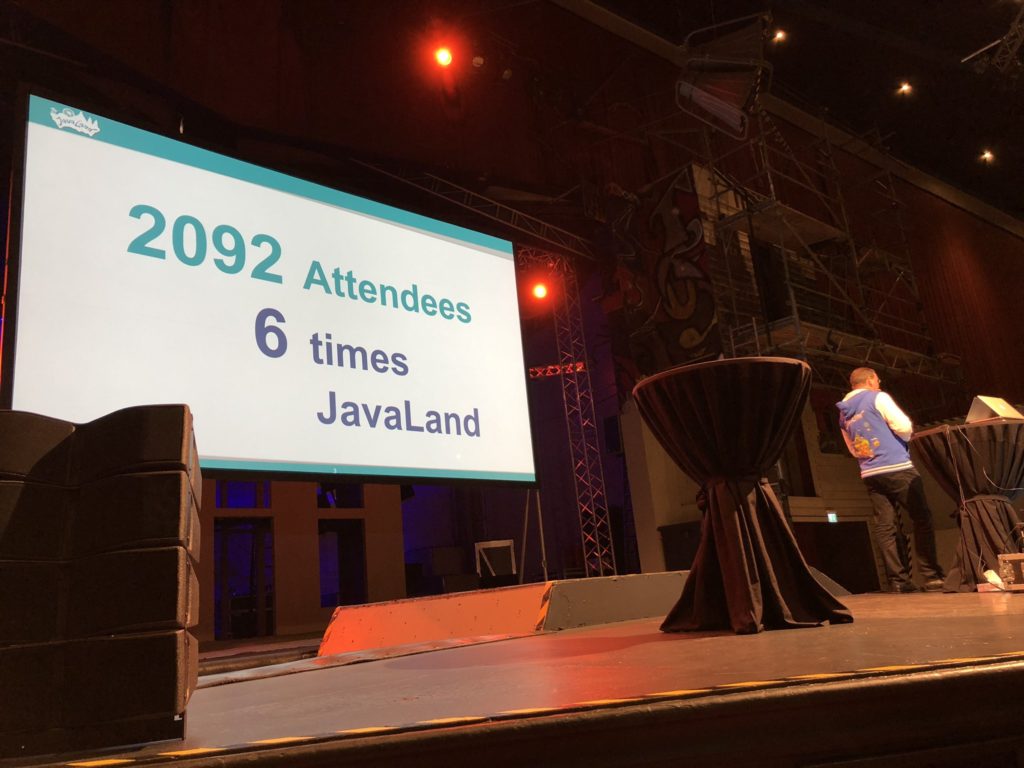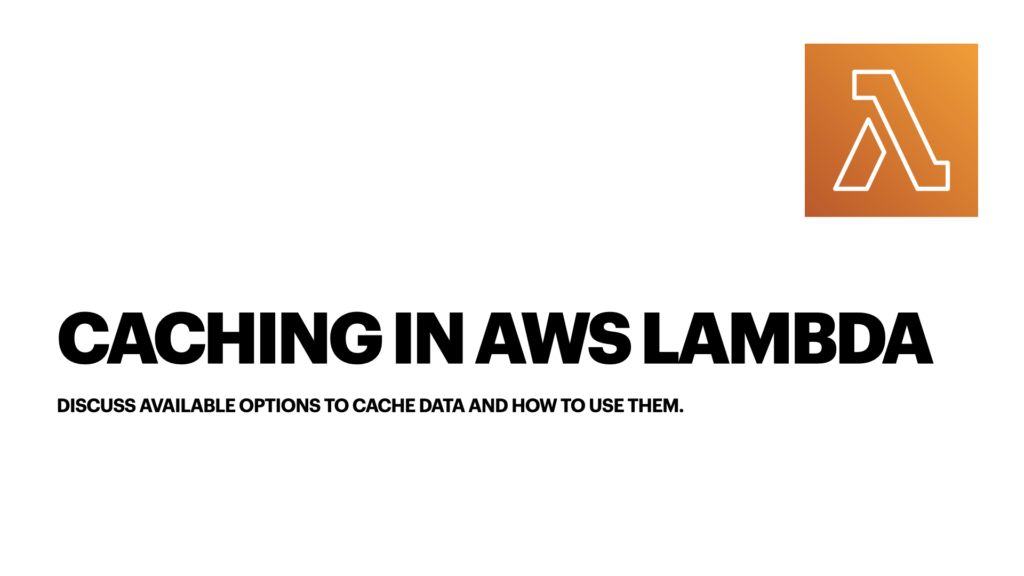Migrating a CDK Construct to projen and jsii
CDK constructs are a great way to combine best practices and simplify your infrastructure code. Have you ever written your own CDK construct? Writing a construct is easy using the CDK CLI. But soon you’ll discover the hard parts: Keeping all dependencies updated; Aligning the CDK dependency versions to not have version conflicts; And publishing […]
Migrating a CDK Construct to projen and jsii Read More »
